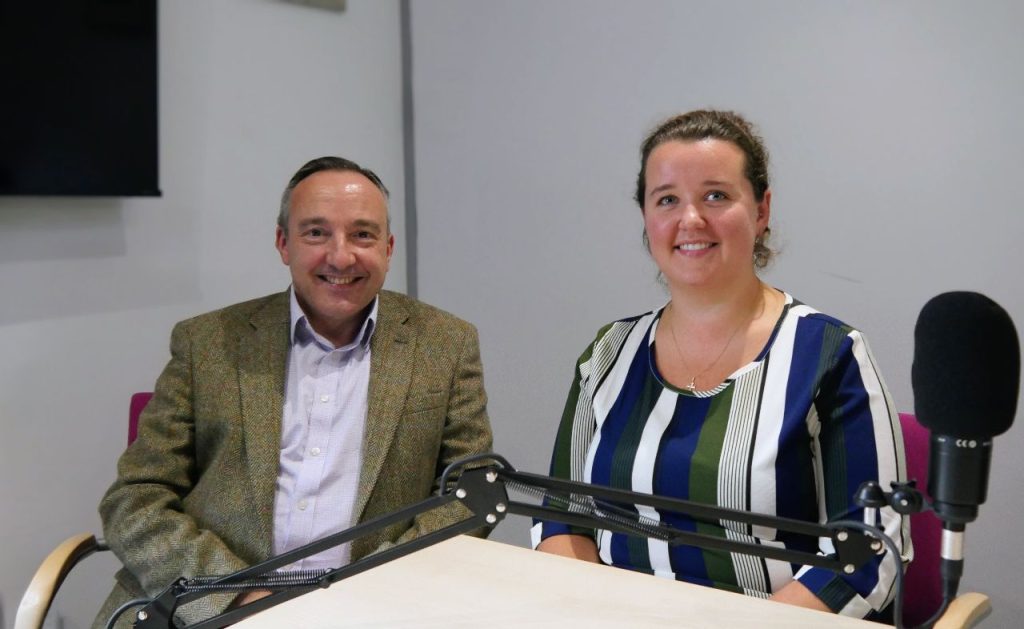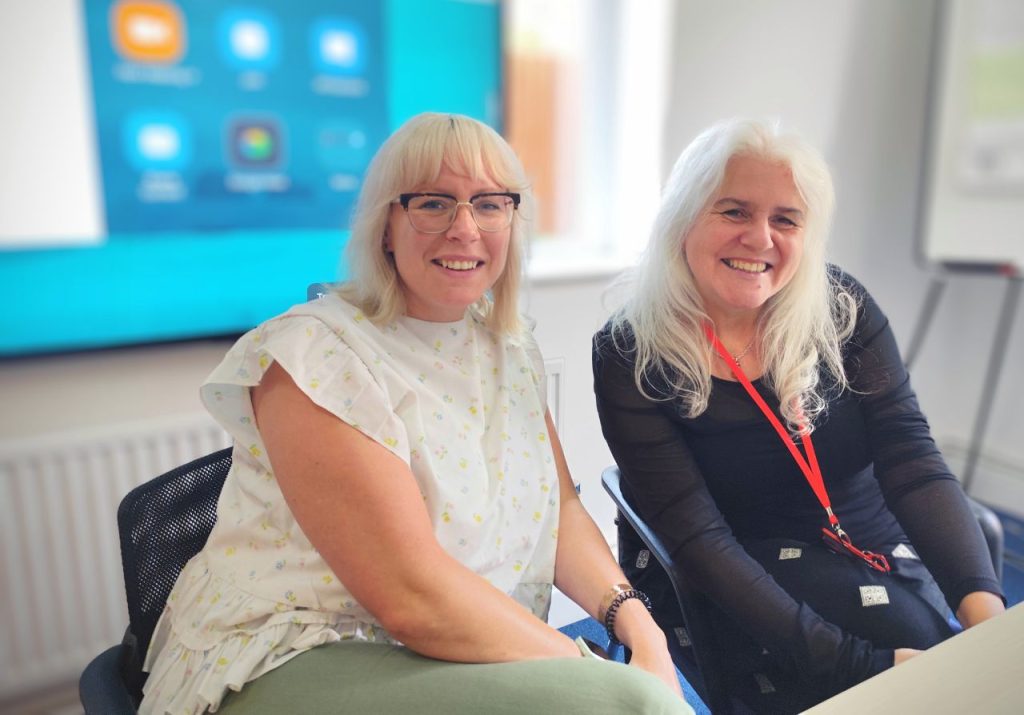When relationships break down, a Collaborative Lawyer can help you and your ex-partner navigate the issues of your separation without going to court.
The collaborative law process helps you work together with a commitment to reaching solutions, rather than prolonging the argument.
If the relationship has truly reached a point where you are unable to communicate with each other, court proceedings may still be the right course of action for you.
Our experienced Collaborative Law Solicitors will discuss all the options with you and help you find the best route to a resolution.
Whenever possible, we recommend the collaborative law process.
Collaborative Law is a way of keeping your matter out of the courts – avoiding lots of stress and cost for everyone.
Lanyon Bowdler is a member of the Shropshire Collaborative Lawyers group, which is a collection of specially-trained solicitors who specialise in Collaborative Law.
Lisa Grimmett and Ann Lewis, who are members of our family law team, work in this area of law and are experts in helping couples to resolve their disputes by agreement rather than going to court.
Collaborative Law is an increasingly popular way of resolving domestic disputes, divorce and separation, and it’s certainly worth investigating to see if it could work for you.
The cost of legal advice should not be a barrier to anyone, so Lanyon Bowdler offers a range of pricing options, including fixed fees, so you know how much our services will cost from the outset.
To speak to our Collaborative Law Solicitor, please call the number at the top of this page or leave your details via the enquiry form and we’ll call you back.

 Back
Back







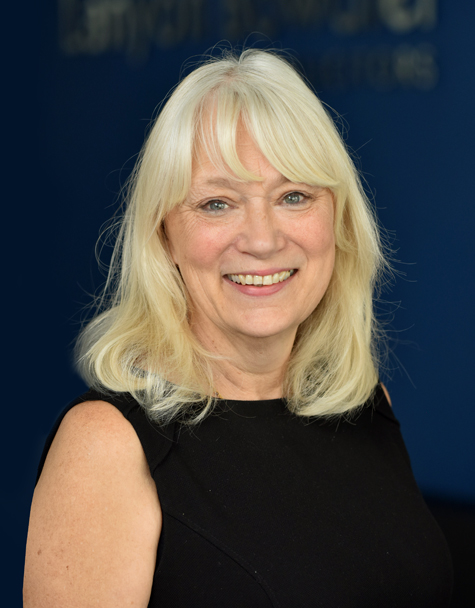
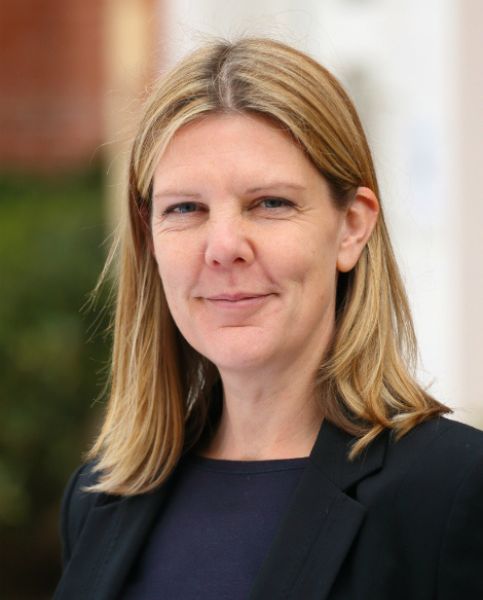





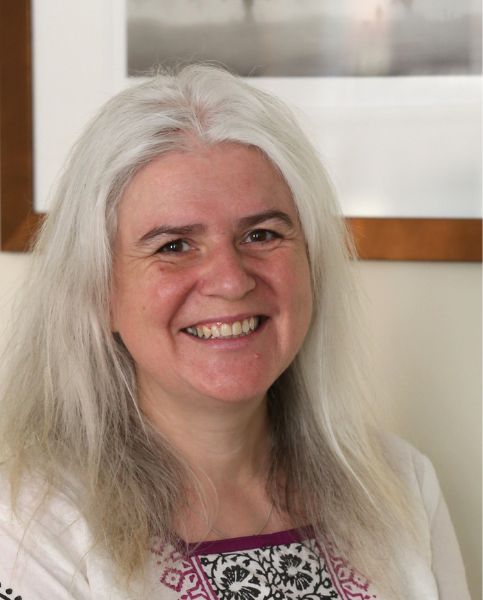
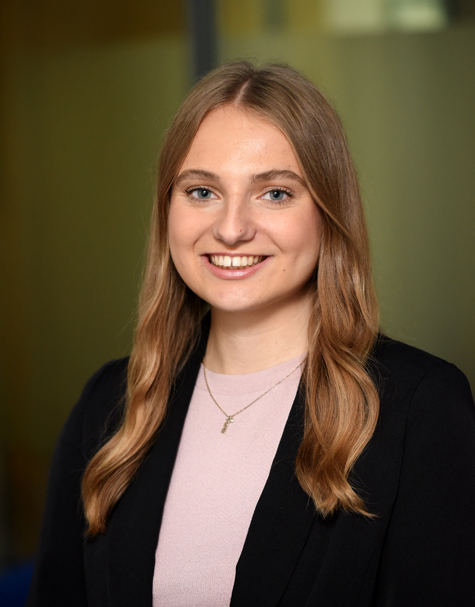


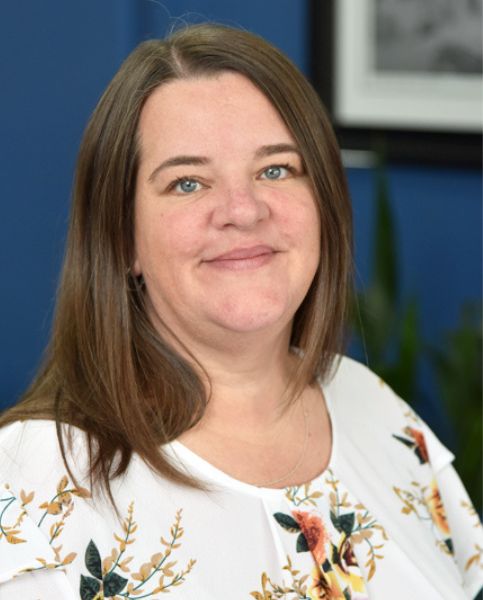

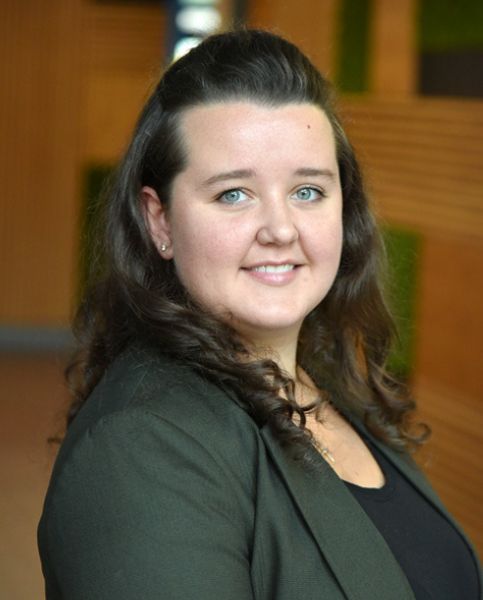



 Blog
Blog



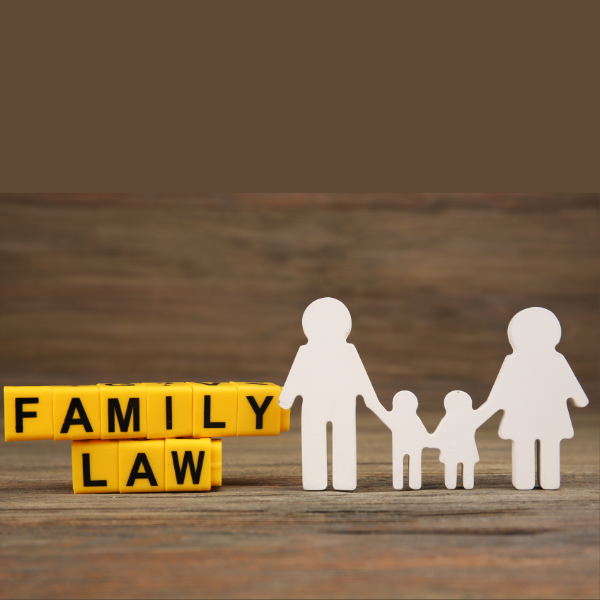
 Podcast
Podcast
